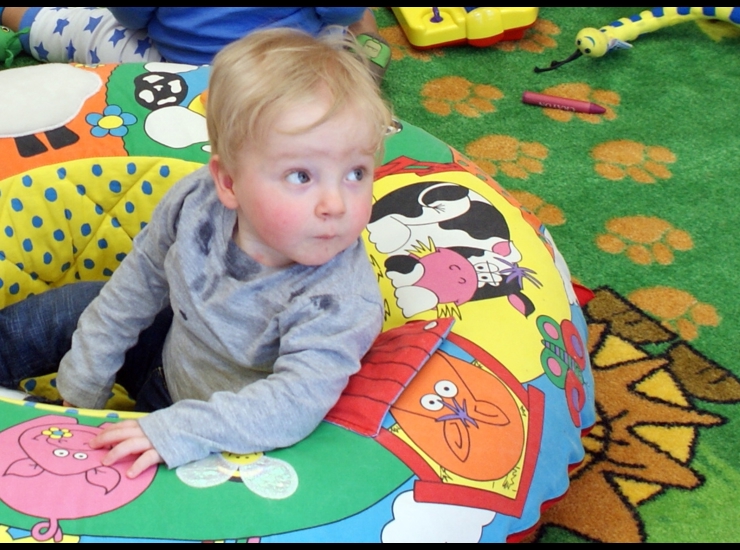
This summer, I worked as a LuCiD intern at the University of Liverpool Language Lab for Amy Bidgood, testing the validity of the Babble Checklist. Babble is seen to be an important stage in language development, yet current methods of analysis such as phonetic transcription are rather impractical to frequently use. The newly developed checklist should therefore reduce time, money and effort for researchers, as long as parents can accurately use it! Parents were split into two groups: one which received the checklist several times in advance, and the other which was only completed on the same day in the 30 minute testing session.
Although I had previously volunteered with the department doing tasks such as data entry, I had never worked before on a particular piece of research in depth. Therefore, my role over the six weeks as an intern increased to include tasks such as recruiting around 30 new participants aged 9-11 months from the database and other sources such as nurseries in Merseyside, running the testing sessions, and then phonetically transcribing the babble and other sounds each participant made.
I also transcribed other research, analysing contingent/non contingent speech from parents to their infants, and helped test a study looking at whether infants interpret objects moving as goal behaviour. Working on these different projects really gave me a chance to develop my accuracy in coding and learn to use the different programmes such as ELAN.
I particularly enjoyed my time running the testing sessions with the parents and their babies. Although nervous to begin with, I soon built up my confidence and with practice learnt what worked and didn’t work. After several very quiet babies, I found playing for a few minutes before beginning the recording particularly helped with making all participant feel comfortable in the new environment, and less distracted by the camera.
Due to no previous experience in phonetic transcription, my first day spent trying to decipher between a consonant, vowels or any other sound was particularly challenging. However, with time and a lot of practice I began to recognise each more easily and was particularly excited when a clear ‘bababa’ was found!
Overall, the experience was not only enjoyable, but incredibly useful in understanding how a research department works and each individual stage in the process of producing research (particularly the range of recruitment sources). I will now be able to apply these skills to my own 3rd year project, and feel more confident in my future aspirations to work in an area studying development, with a large amount of interaction with the general public. I am also really looking forward to attending the LuCiD conference in September and seeing the first piece of research I have contributed towards being presented and then working further in the lab with Amy and others over the next year!

